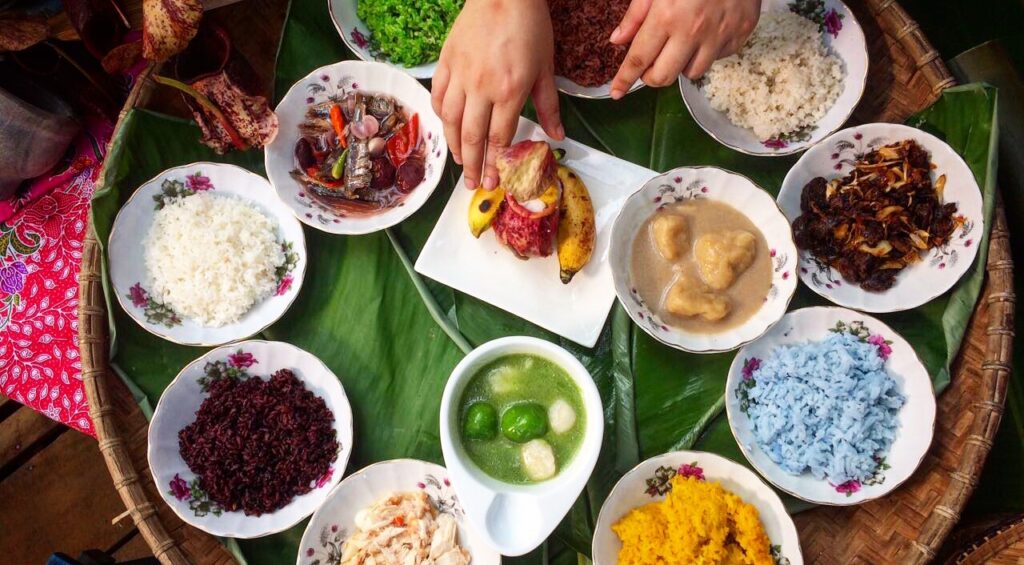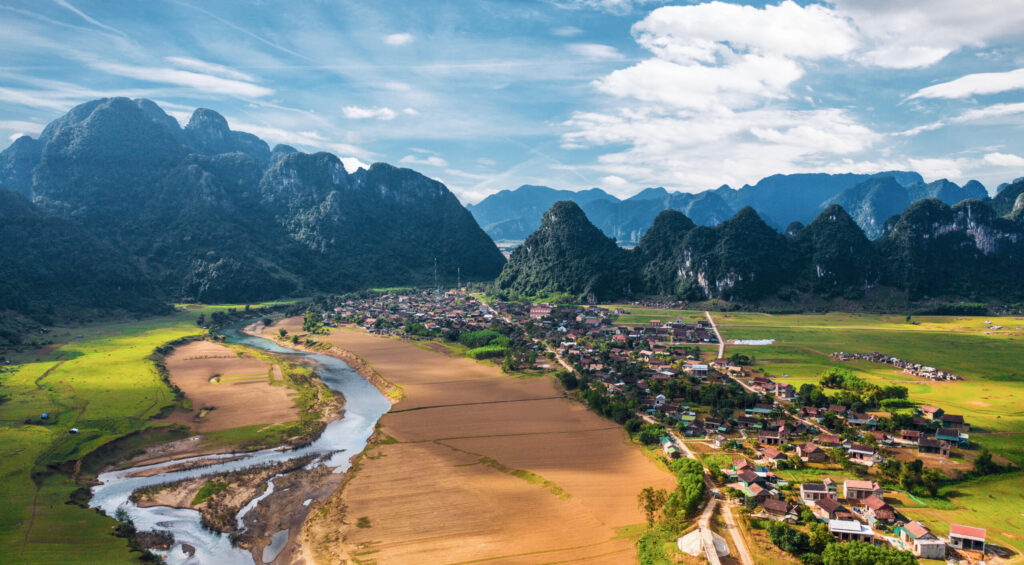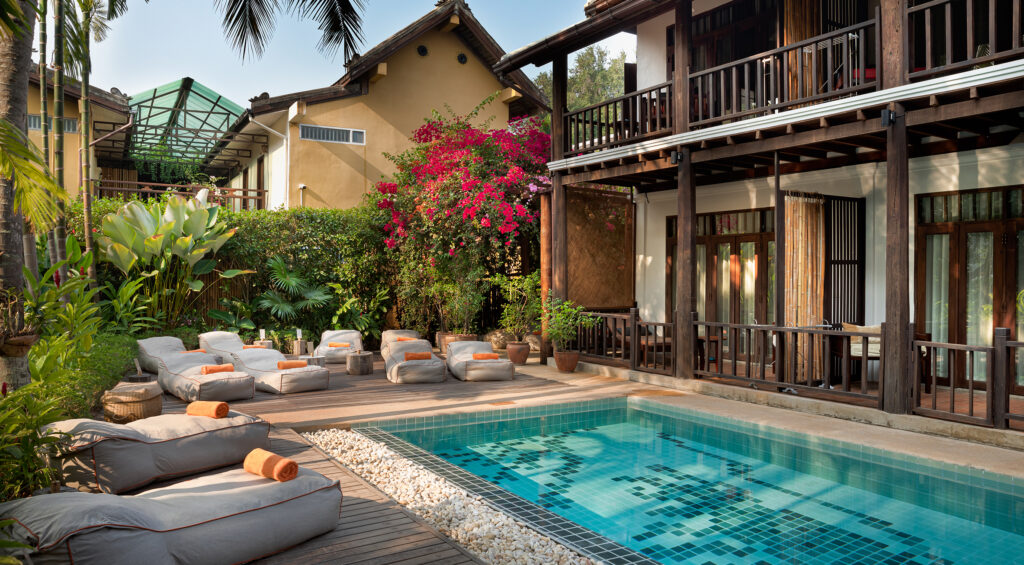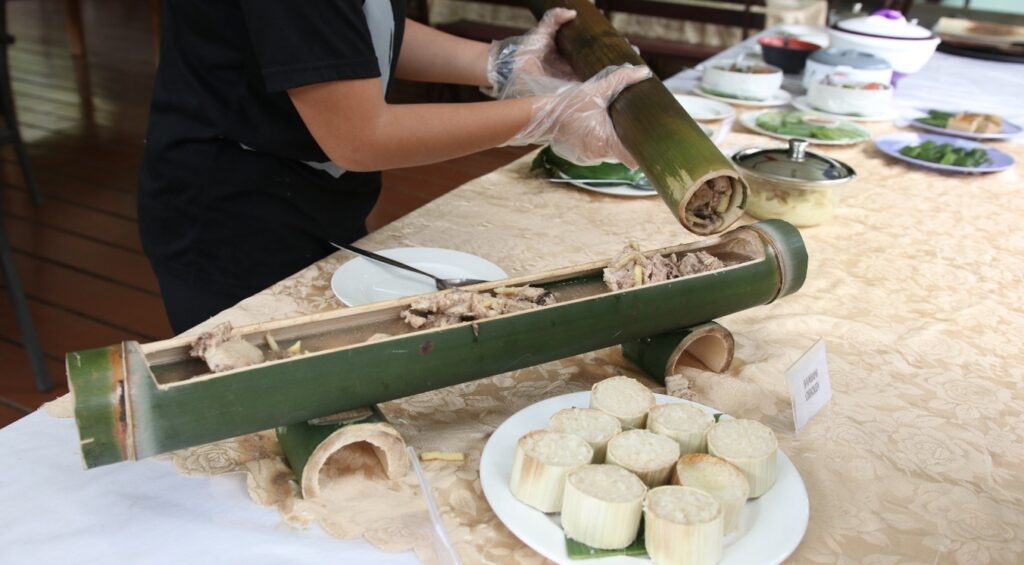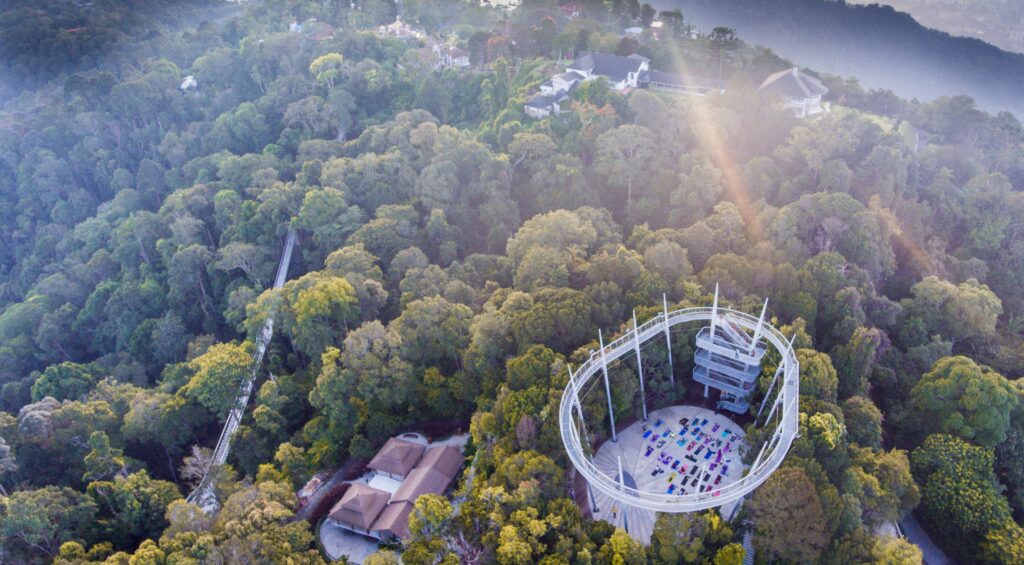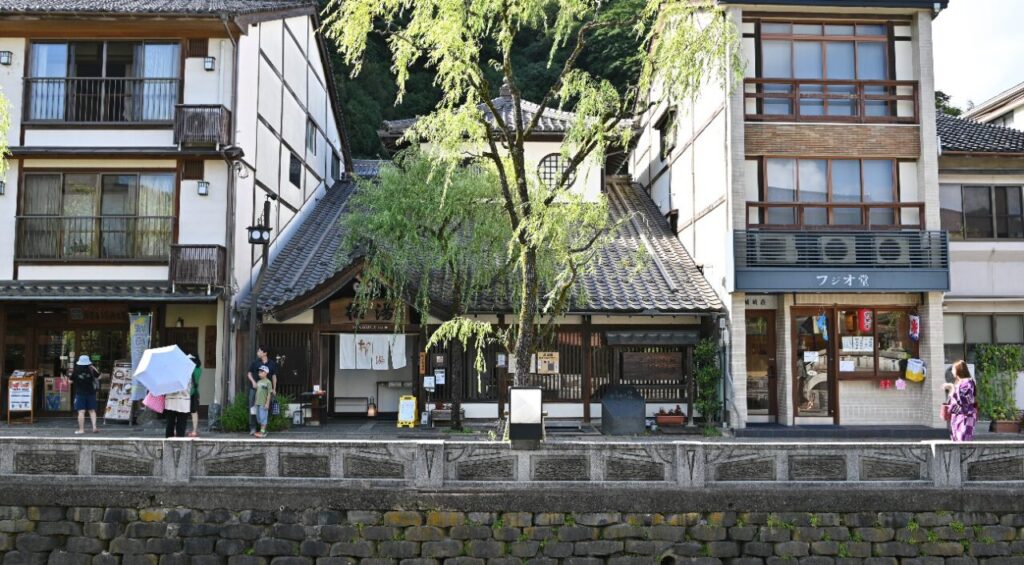Published on August 19, 2025
Bohol’s regenesis: a blueprint for regenerative tourism
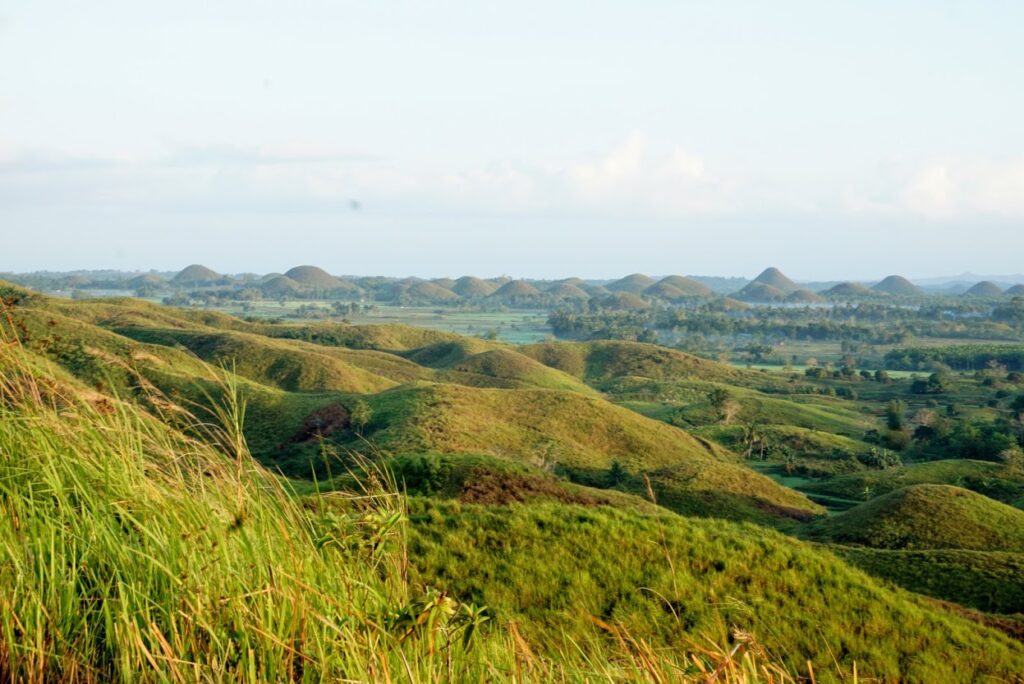
Photo: Coutesy of The Regenesis Project
The global tourism landscape is rapidly evolving, with demand growing for practices that not only sustain but actively regenerate our planet and communities. In Bohol, the Philippines, The Regenesis Project exemplifies this transformative approach, offering invaluable insights for pursuing an ideal vision for tourism. This pioneering initiative moves beyond conventional sustainability to champion a regenerative philosophy that is encapsulated in a powerful motto: “To heal nature through people, and people through nature.” As the founders passionately assert, “If you say ‘sustainable’, what will you sustain? A broken environment? First, you must restore.”
| Project : | The Regenesis Project |
| Place : | Bohol, Philippines |
| Initiative : | The Regenesis Project champions a regenerative approach to tourism, aiming to “heal nature through people, and people through nature”. It transforms environmentally degraded areas into vibrant ecosystems through immersive tourism experiences that include restoration camping, where visitors actively participate in environmental regeneration and inner healing. |
| Actors : | The Regenesis project team, local farmers, local residents, Department of Tourism |
A family’s vision: from barren land to holistic healing
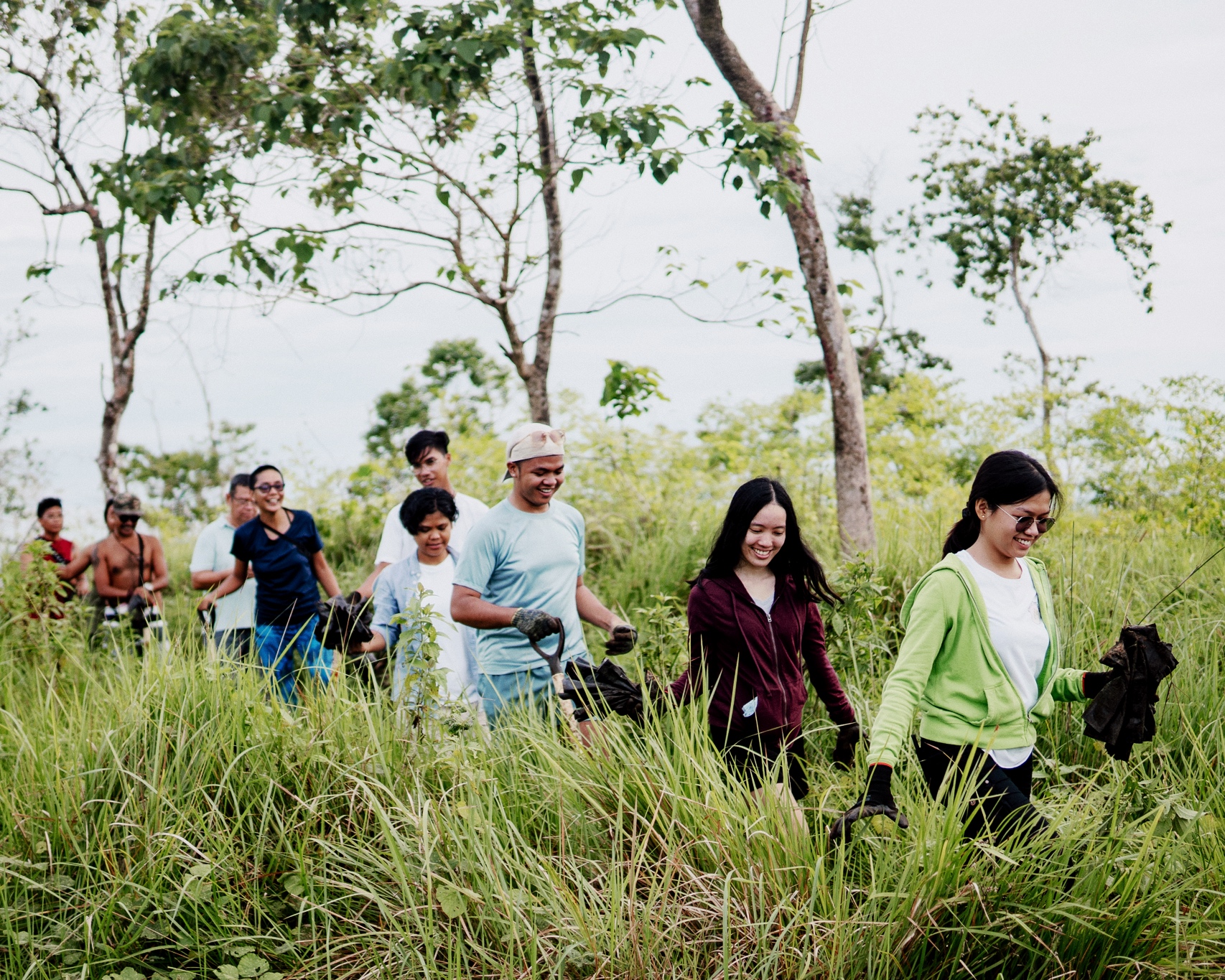
The Regenesis Project began with Marianne Amores, the founder, a highly accomplished architect. Her journey took an unexpected turn when her father, Raoul Amores, challenged her to “unlearn everything you learned in school” to truly understand “the language of nature”. This pivotal moment, fuelled by a deep emotional awakening to planetary degradation, led Marianne to conceptualise The Regenesis Project. Her parents, Raoul Amores and Luz Amores, with backgrounds in real estate and inner healing and counselling, joined her in activating a shared passion for healing nature and people. Their own past, including a real estate venture that inadvertently “damaged nature”, fuelled their desire for regeneration.
Marianne elaborates: “If we focus on ecotourism only, then at the end of the day, we’re not able to ensure that we really have no footprint… What if we start in a place that already has pristine nature, how can we know that our impact or our programmes will not degrade nature over time?” The Regenesis Project does the exact opposite. By actively selecting degraded areas and using tourism to regenerate them, this innovative paradigm goes beyond ecotourism or sustainable tourism. It is truly regenerative.
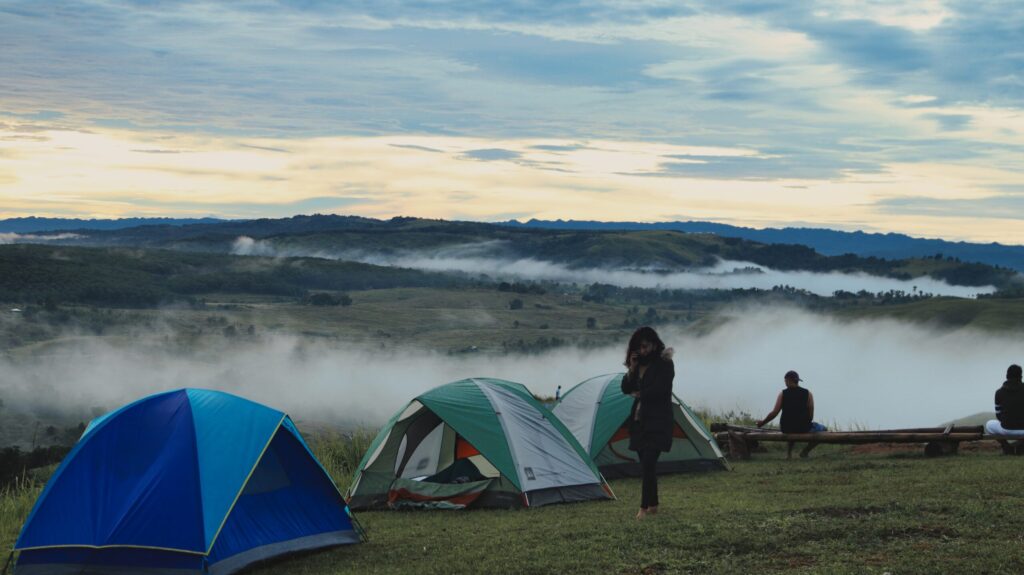
The project had a modest launch with camping activities on a barren Bohol plot. “We started with around 20 guests in March 2020,” Raoul Amores recalls. Unexpectedly, from June to November during the pandemic and despite having “no structure, nothing at all,” the site was fully booked. This early success revealed a strong desire for authentic, nature-based experiences that actively contribute to restoration.
Crafting transformative tourism experiences
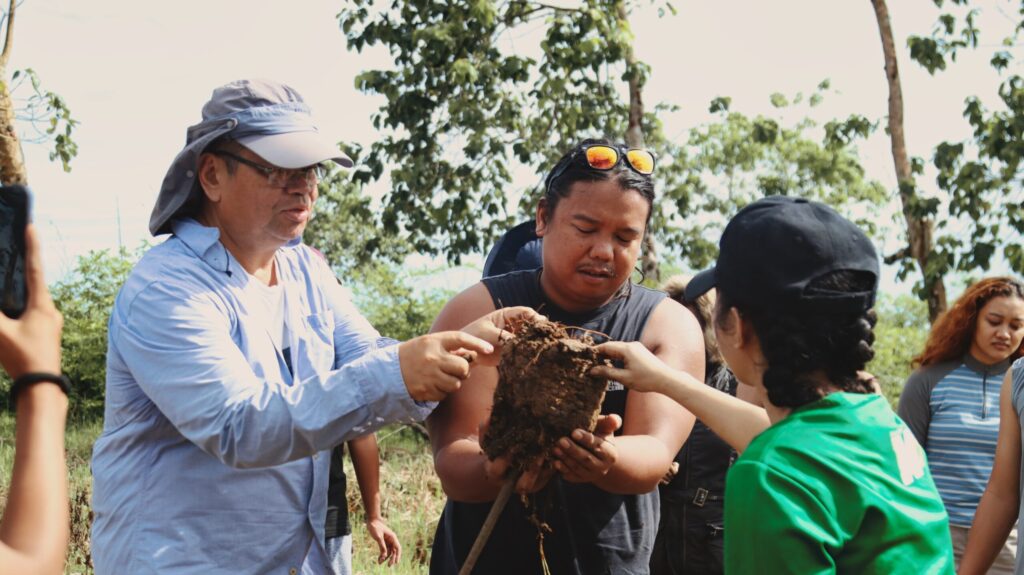
The Regenesis Project designs tourism content that transcends conventional sightseeing. Restoration camping activities engage tourists directly with environmental recovery. “Instead of bringing tourists to nature,” Marianne explains, “we bring tourists into the realm of restoring nature.” Visitors participate in hands-on activities like planting bamboo and soil building, integrated with wellness practices such as meditation and yoga. This holistic approach ensures memorable experiences that instil a deep sense of connection and responsibility.
A key restoration tool is bamboo. Raoul Amores highlights its rapid growth—up to three feet a day—making it ideal for regeneration. Thousands of bamboo seedlings are grown from seeds, ensuring longevity. Tourists then plant bamboos for purposes like windbreaks or future food sources, fostering pride in a “make your own nature” initiative.
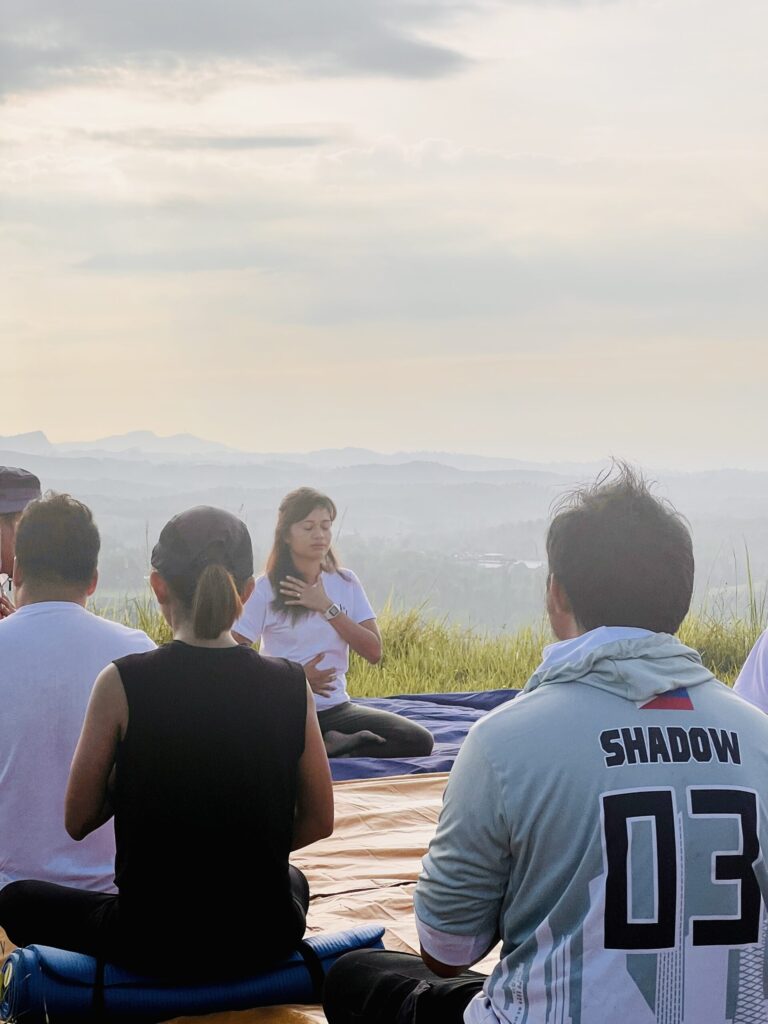
Camping itself can contribute significantly to inner healing. Many campers, particularly call centre agents from other parts of the Philippines, found that camping offered immense stress relief. “My two months of stress was gone,” one camper shared in a comment that led to numerous repeat visitors. Raoul Amores and Luz Amores integrate inner healing and self-discovery into retreats, emphasising that the healing power of nature also offers relief from emotional burdens, creating “instant family” bonds among participants.
Raising awareness and building resilience
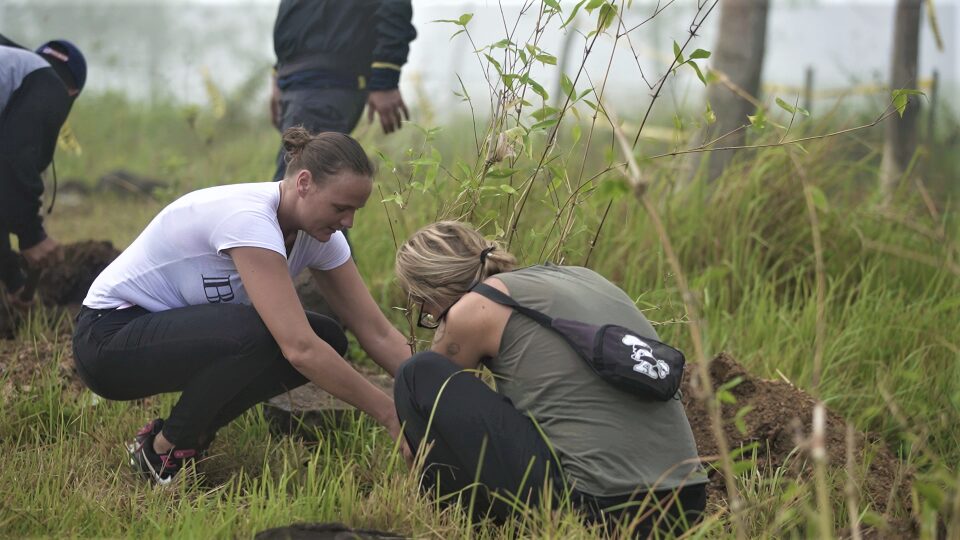
The Regenesis Project is deeply committed to raising climate change awareness and enhancing regional tourism resilience. Bringing together visitors and local communities fosters a deeper understanding of ecological challenges and empowers sustainable choices.
This unique approach quickly caught the attention of government officials, including the Department of Tourism (DOT). The Regenesis Project became a pilot site for the DOT’s “Voluntourism” and “Educational Tourism” programmes, connecting them with eco-conscious travellers.
Future horizons: scaling impact through regenerative hubs
Looking ahead, The Regenesis Project is seeking expanded influence. Marianne, now a consultant to the province, is applying a regenerative framework to the entire island of Bohol. From its beginnings in the campsite, the project is now influencing policy for the island.
The current plan is to create two regenerative hubs: one in the mountains near the Chocolate Hills for geotourism and farmer training, and another by the sea as a marine restoration centre resort. These hubs will showcase diverse regenerative practices and offer immersive experiences.
While camping primarily serves as a context for advocacy, a successful bamboo seedling nursery generates profit, supporting the stakeholders’ broader regenerative efforts.
The Regenesis Project’s evolving plans are attracting international investors and signify a shift towards larger-scale impact. The broader goal is to influence the economic landscape, directing more investment towards regenerative models that yield not just profit but also a significant positive impact on nature and communities.
Interviewee
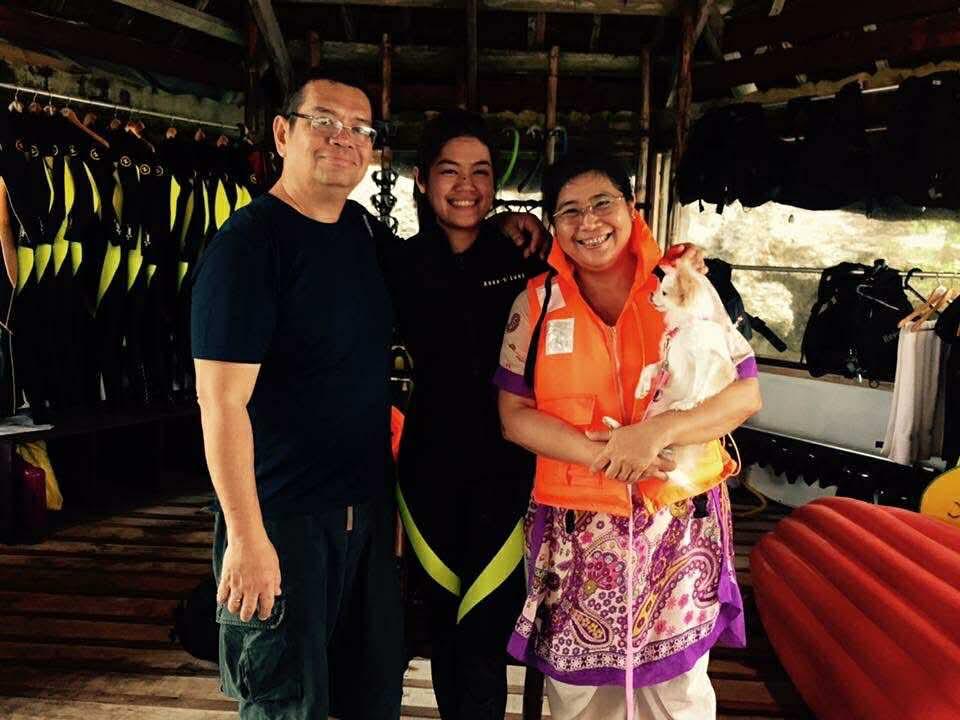
Marianne Therese Amores, Raoul Amores and Luz Amores.
Founder, regenerative designer/architect, and her parents

